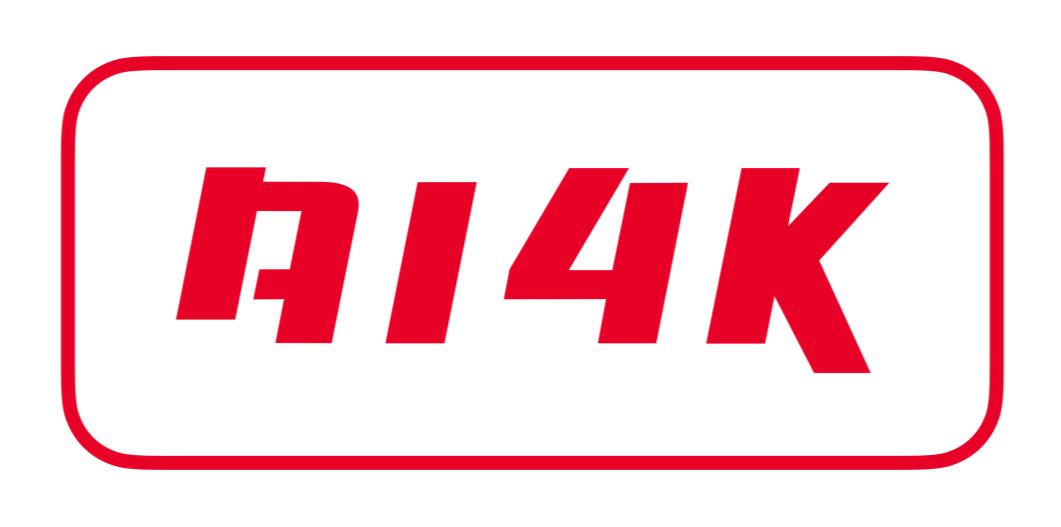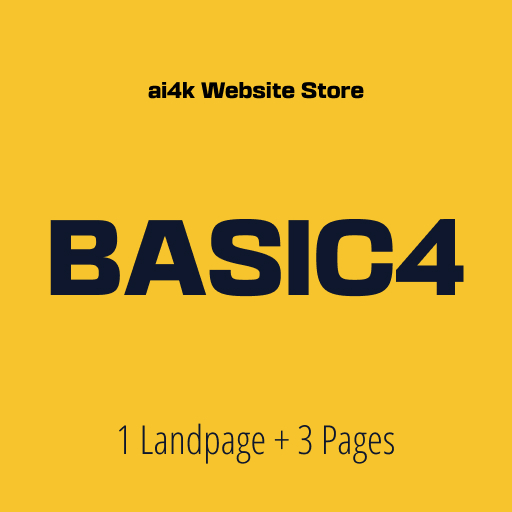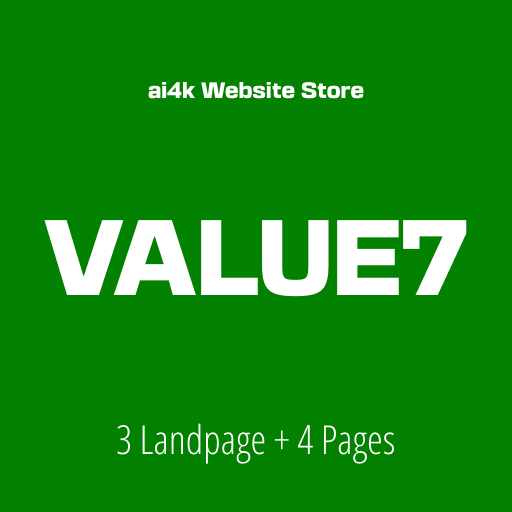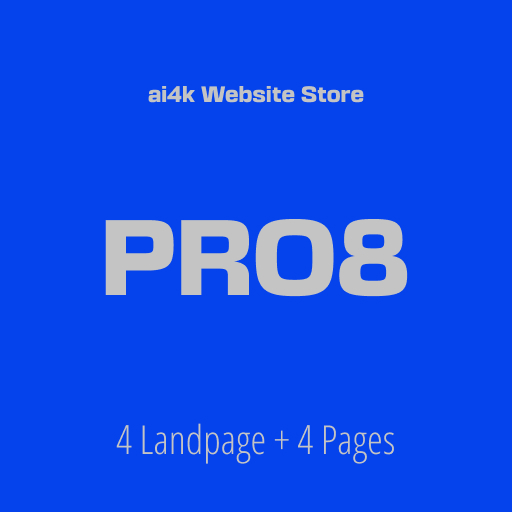SEO Predictions for 2023
Our main SEO prediction for 2023 is a more continuous flow of AI Tools for SEO, as for Web Design.
The incredible great reception ChatGPT has received in a short time just can only mean one thing, ChatGPT will get better and better, in the sense of avoiding Google’s strict guidelines for content creation.
Google will keep losing ground, by the hands of TikTok and ChatGPT.
Google Search Console and SERP
Apart of all this new wave of Artificial Intelligence influence, one tool that is silently getting better is the Google Search Console and the SERP (Search Engine Results Page). I believe Google will push more and more new features mainly motivated for the TikTok and OpenAI ChatGPT threats.
Google SEO tools, by subscription or by data consumption
Google Search Engine need to improve their users experience by providing to SEO experts the best tools to rank useful content, and at the same time making their algorithm’s anti spam update more efficient.
However, Google Search need to keep up their profits via Google Ads on the SERP. This sounds paradoxical, specially by the fact people are still not clicking on ads in the SERP as Google expects to.
In fact almost 25.6 % of Google searches on desktop (17.3 % on mobile) end in zero clicks at all. In your Google Search Console you may need to carry this handicap for accuracy of your projections.
Google launch AI SEO tools
The possibly new AI SEO-rich features of any Google tool as Google Search Console or/and Google Analytics will be competing directly with the Google Ads team. Of course, this is more complex than that but it gives you a guide of what you can at least expect from Google: a possible monetization of their SEO tools.
One possible strategy for Google is to include a snippet in the SERP to show results from a conversational AI tool (like ChatGPT-X or the Google AI tool). That would be nice for Google users but not so good for SEO or website owners.
Let’s not forget who is Google, a private company that has a business model and a profit to report. In that sense, when Google talks about UX is about the UX of their own users / customers. Only after the click on the SERP link (Organic or through SEM) is when that Google customer becomes a visitor to our website.
Entities taking the ranking space
One of the things I observe about TikTok is they value more the user behavioral data through indirect actions like time on video or how fast user scroll, instead of through direct actions like a click on the interface (a “like” for example).
Google also tracks their user’s indirect behavioral data regarding what happens in the SERP. When Google adds snippets and boxes in the SERP it not only gives more information to its users but also gathers more indirect behavioral data.
On the other hand, entities are helping Google categorize the information on websites and internal and external links by “understanding” the content, and by keeping a curated list of real-life authority websites (like Wikipedia or government sites). As I say above, Entities are giving Google an alternative approach to authoritativeness, instead of the current backlinks strategy.
The point is Google is very close to re-writing the whole index (and ranking) with an entities strategy, which in one part will make the keywords use obsolete in some sense and give Google an ultra capacity to understand the search experience as a conversation, similar to ChatGPT-3 or superior. This can happens in the first phase let’s say.
The second phase will be when Google integrates the richer behavioral data of the SERP with the feedback from the conversational experience to provide a perfect search answer. Answer time should be short (to compete with ChatGPT-X), which will reduce the time on the SERP and the Google Ads attention as well.
SERP will evolve in the future, Google Ads, and SEO as well.
I can imagine a SERP with a main big box with Google Ads, a medium size box with AI answers, and a small box with “results from the web”. SEO won’t disappear, it will be much more competitive, in a ranking space based on how Google AI systems understand the content entities and not how an algorithm ranks keywords.
SERP improvements, for Google
Some months ago Google started to launch new SERP features, snippets, and boxes with rich information about the search intention. From the point of view of Google, the Google’s user experience will be better, but that user may ending no clicking on ads or organic links, which means our user, our website user is not passing through by clicking the link on SERP.
In summary, the SERP improvements are not good news for SEO, unless we learn how to implement changes in our websites to appears on those rich snippets and boxes on the SERP.
SEO and Data Analytics companies in danger
The companies that provide SEO and Data Analytics services (like Semrush, Ahrefs, etc.) are in the most important moment of their existence. ChatGPT powerful language modeling capability can output the information SEO experts may need for their strategies, like keyword extraction, and synthesize and structure text based on a group of keywords or entities.
If the next version of ChatGPT has access to the Internet for sure it can determine your website competitors and the keywords around it. That will be devastating for these companies.
AI conversational Search, everywhere
When ChatGPT 3 arrived a couple of weeks ago, Google Search team was shocked by a red alert from Google. Google itself is still testing their proper conversational AI tool, similar to ChatGPT, which they may release it to the public early than expected.
For a number of years, Google has made investments in the advancement of chatbot and AI technology. They even produced this chatbot that might compete directly with ChatGPT. In actuality, Google researchers developed the technology that underlies OpenAI’s chatbot.
If that is not enough to disrupt the Search Engine landscape, there is a possible alliance between OpenAI and Microsoft to create a Search Engine, and some rumors of Apple creating their own as well.
If you think ChatGPT-3 is a powerful tool, ChatGPT-4 will be a “monster” and the experience will be “mind-blowing”.
Will ChatGPT or the Google AI Conversational tool disrupt their own Google Ads business (keywords business) on the SERP?, modifying the way SEO is done? Those are some of the issues we need to follow very closely in year 2023.
What we know for now is that SEO copy writing activities are already disrupted, and more creative task like the writing of high converting copy will eventually be disrupted very soon.
Follow our SEO ai4k Facebook group for more insights on SEO Trends and Predictions for 2023.




